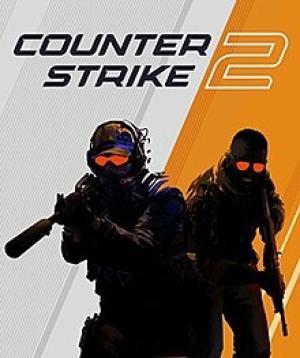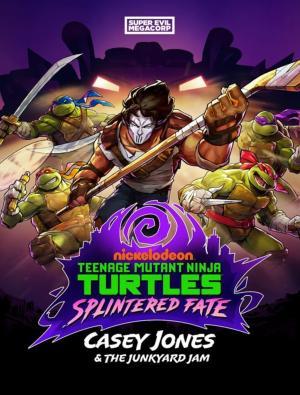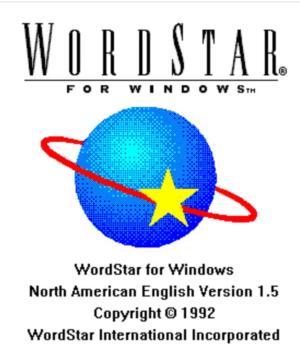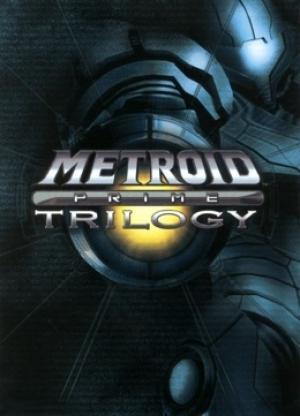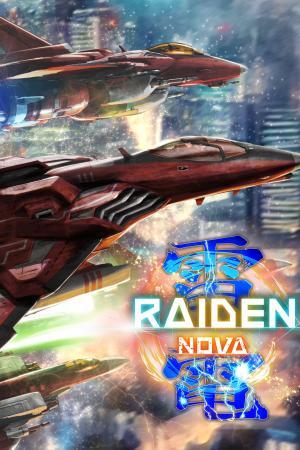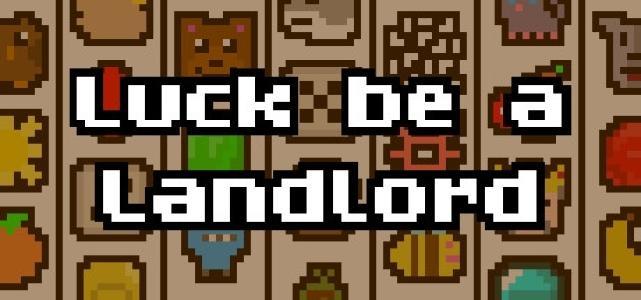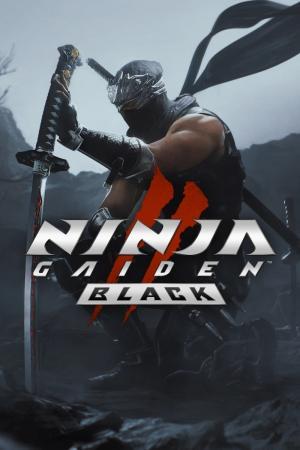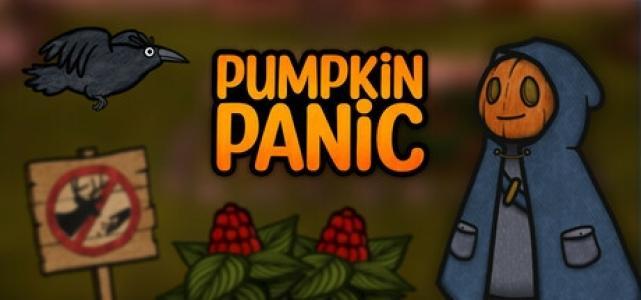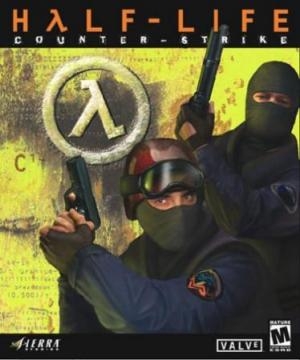
| Console: | PC |
| TV Standard: | NTSC |
| Developer(s): | Valve Corporation |
| Publisher(s): | Valve Corporation |
| Release Date: | 1999-11-08 |
| Players: | 4 |
| Co-op: | Yes |
| ESRB: | M - Mature 17+ |
| Type: | Shooter |
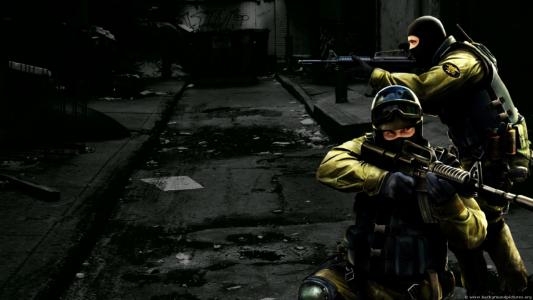
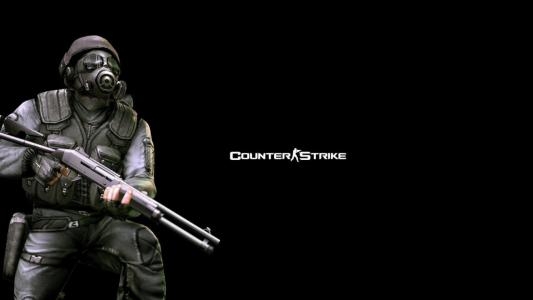
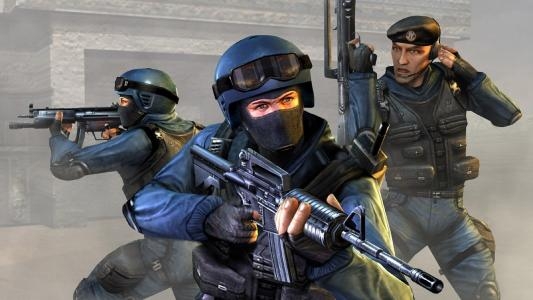
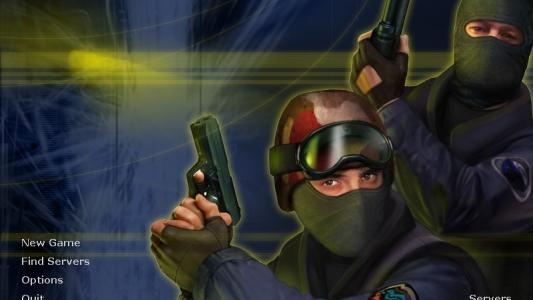
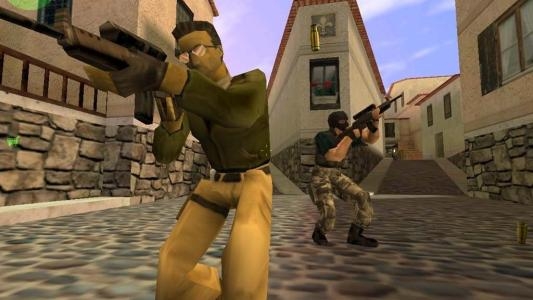
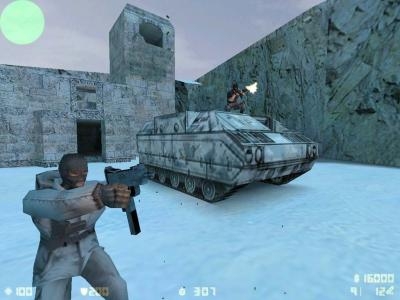
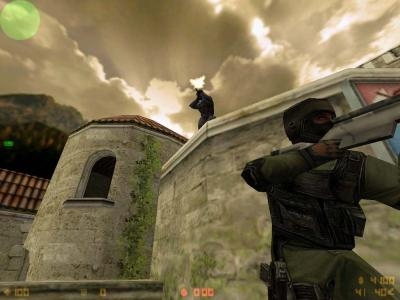
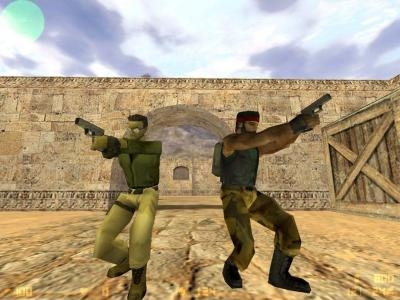
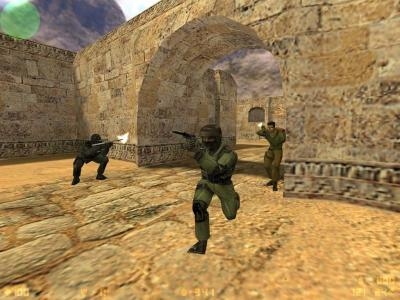
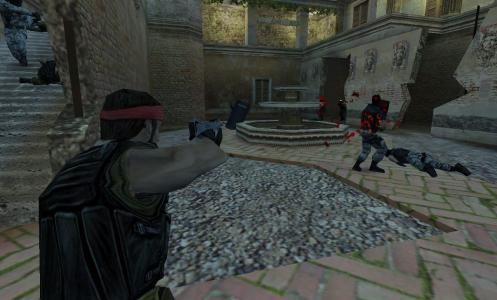
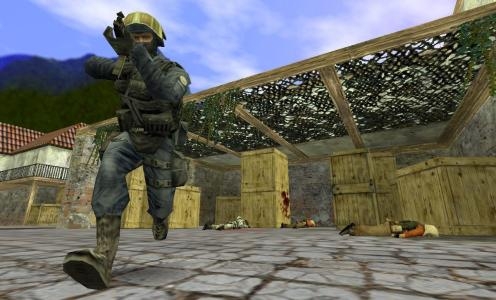
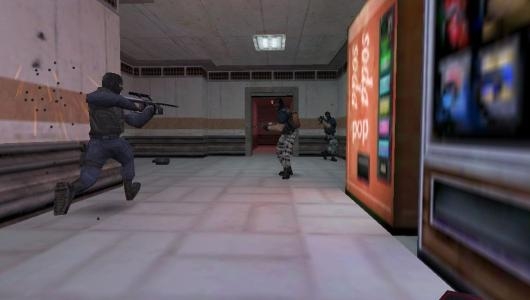
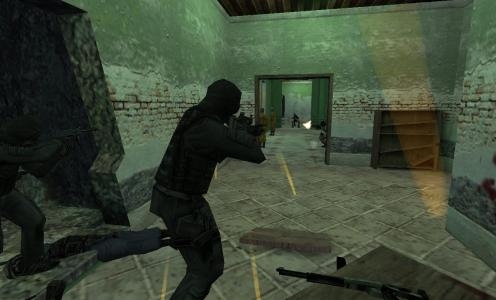
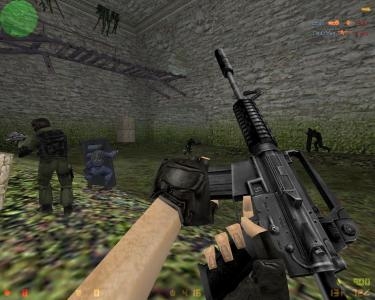
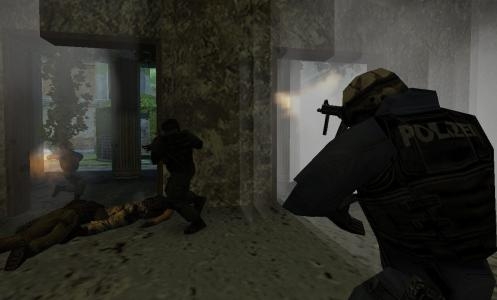
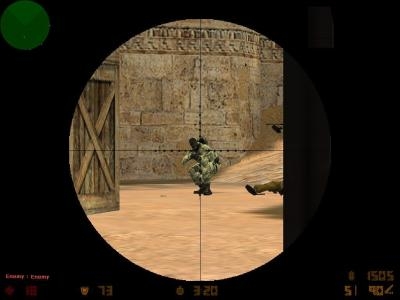
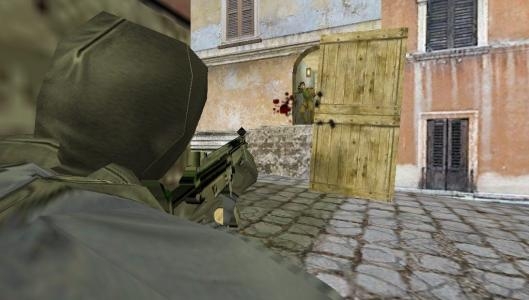



A player can choose to play as one of five different default character models (four for each side, although Counter-Strike: Condition Zero added two extra models, bringing the total to ten). Players are generally given a few seconds before the round begins (known as "freeze time") to prepare and buy equipment, during which they cannot attack or move. (one notable exception is that a player may receive damage during freeze time. This happens when a map is changed to spawn players at a certain height above the ground, thus causing fall damage to the player. This is a method map designers use to alter the starting "HP" of players on a map). They can't return to the buy area within a set amount of time to buy more equipment (some custom maps included neutral "buy zones" that could be used by both teams). Once the round has ended, surviving players retain their equipment for use in the next round; players who were killed begin the next round with the basic default starting equipment.
Standard monetary bonuses are awarded for winning a round, losing a round, killing an enemy, being the first to instruct a hostage to follow, rescuing a hostage or planting (Terrorist)/defusing (Counter terrorist) the bomb.
The scoreboard displays teen drama in addition to statistics for each player: name, kills, deaths, and ping (in milliseconds). The scoreboard also indicates whether a player is dead, carrying the bomb (on bomb maps), or is the VIP (on assassination maps), although information on players on the opposing team is hidden from a player until his/her death, as this information can be important.
Killed players become "spectators" for the duration of the round; they cannot change their names before their next spawn, text chat cannot be sent to or received from live players; and voice chat can only be received from live players and not sent to them (unless the cvar sv_alltalk is set to 1). Spectators are generally able to watch the rest of the round from multiple selectable views, although some servers disable some of these views to prevent dead players from relaying information about living players to their teammates through alternative media (most notably voice in the case of Internet cafes and Voice over IP programs such as TeamSpeak or Ventrilo). This form of cheating is known as "ghosting".
